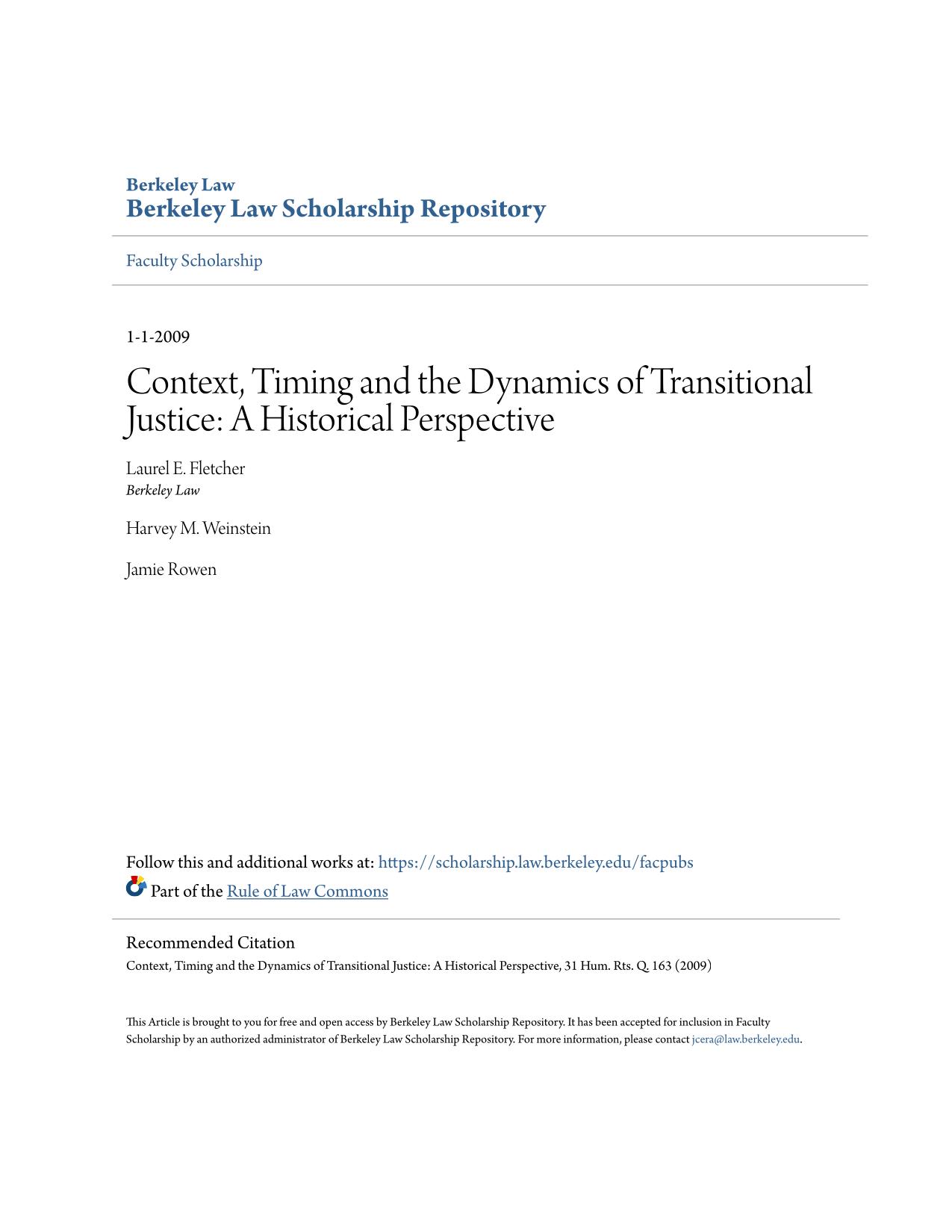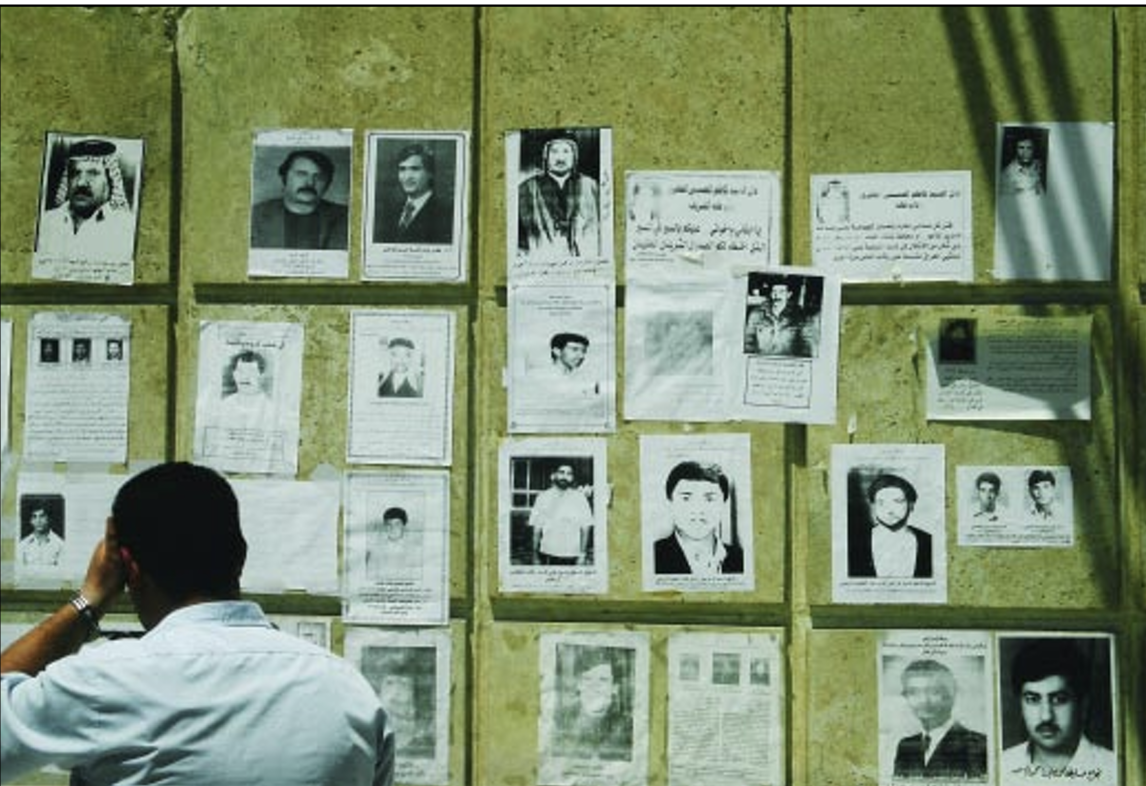Context, Timing and the Dynamics of Transitional Justice: A Historical Perspective
Download PDFSummary
Legal process is invoked by supporters of transitional justice as necessary if not a precondition for societies affected by mass violence to transition into a new period of peace and stability. In this paper, we question the presumption that trials and/or truth commissions should be an early response to initiating a transitional justice process. We conducted a multi-factorial, qualitative analysis of seven case studies in countries impacted by mass violence and repression-Argentina, Cambodia, Guatemala, Timor-Leste, Northern Ireland, Sierra Leone, and South Africa. What emerges is a fuller appreciation of the dynamic system in which transitional justice interventions occur. Each system component may influence the outcome of these interventions. We offer principles that can guide institutional development, scholarship, and policy prescriptions in the area of transitional justice.

